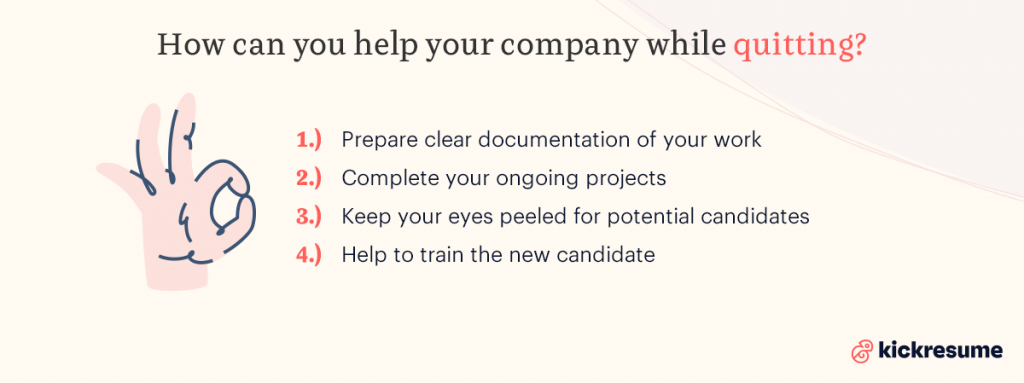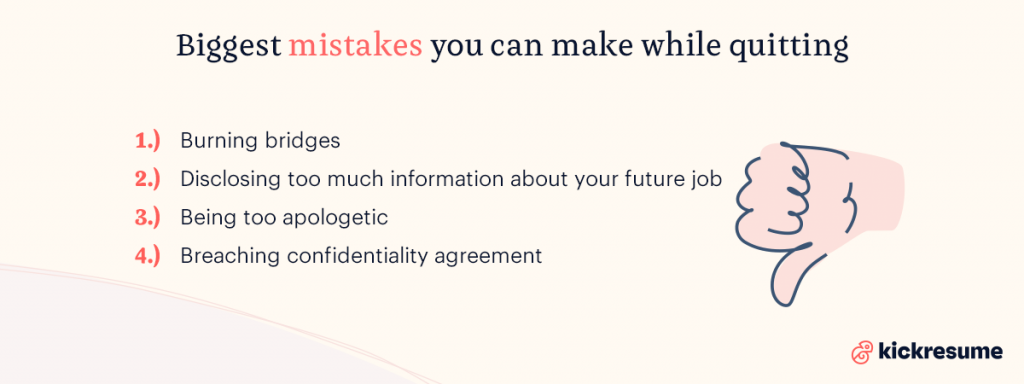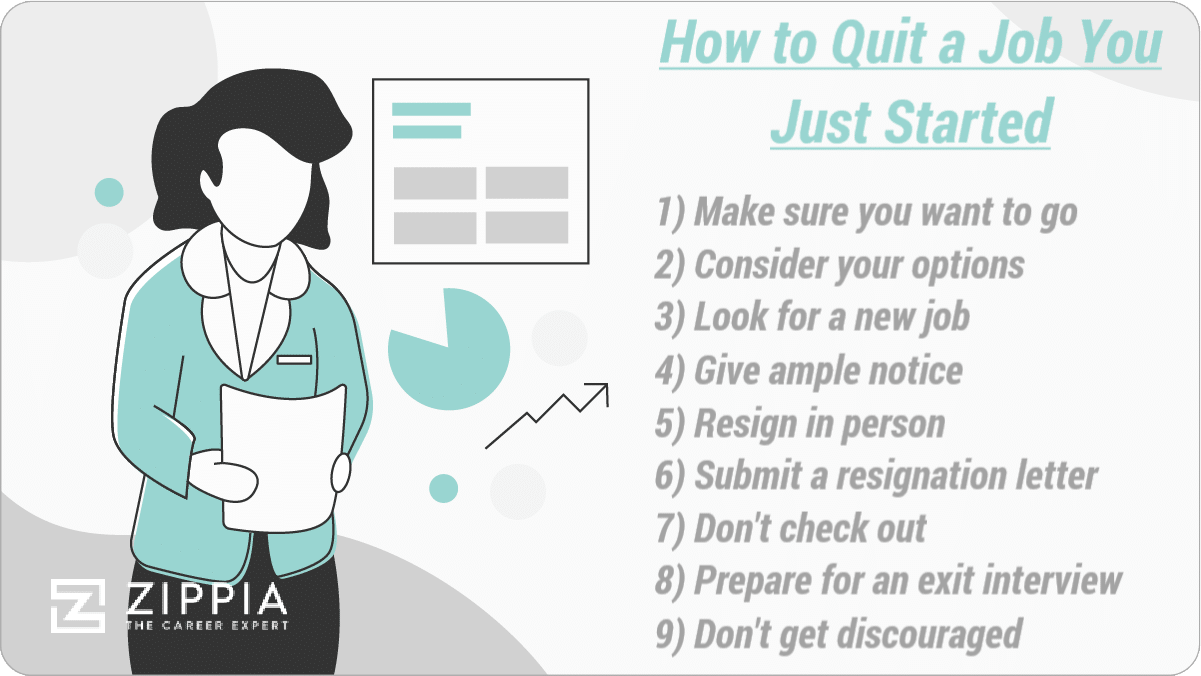How To Tell Supervisor You Are Quitting

Navigating the delicate process of informing your supervisor about your resignation is a crucial step in transitioning to a new role. It requires careful planning and execution to maintain professionalism and preserve relationships.
Understanding the proper etiquette and practical steps involved can ensure a smooth departure, benefiting both the employee and the organization. This article outlines key considerations for delivering your resignation news effectively.
Planning Your Departure
Before speaking with your supervisor, reflect on your reasons for leaving and prepare a concise explanation. While complete transparency isn't always necessary, be ready to provide a brief overview if asked.
Consider the timing of your announcement. Avoid delivering the news during particularly stressful periods for your supervisor or the team, if possible.
Crafting Your Resignation Letter
A formal resignation letter is essential. According to the Society for Human Resource Management (SHRM), a well-written letter should include your last day of employment, a statement of resignation, and a note of appreciation.
The letter serves as a written record of your departure. It may be helpful to mention your willingness to assist with the transition process.
Scheduling the Conversation
Request a private meeting with your supervisor to deliver the news in person. This demonstrates respect and allows for a more personal conversation.
Email is generally not the ideal method for initiating this conversation, although it can be used to schedule the meeting.
Delivering the News
Begin the conversation by stating your intention to resign. Be direct and avoid rambling.
Express gratitude for the opportunities you've had at the company. Acknowledge the positive aspects of your experience.
Be prepared to answer questions about your decision. Keep your responses professional and avoid negativity about the company or colleagues.
Offer to assist with the transition of your responsibilities. This shows your commitment to leaving the company in good standing.
Remember to adhere to the standard notice period outlined in your employment contract or company policy. Generally, two weeks' notice is considered customary.
Post-Resignation Etiquette
Maintain a positive attitude during your remaining time at the company. Continue to perform your duties diligently.
Complete any outstanding tasks and ensure a smooth handover of your responsibilities. This is a vital part of maintaining a professional reputation.
Be respectful of your colleagues and the company's policies. Avoid discussing your new job or salary excessively, as this can be disruptive.
Leaving a job gracefully involves a combination of preparation, communication, and professionalism. Adhering to these guidelines can help ensure a positive outcome.
The way you handle your resignation can have a lasting impact on your professional network. Therefore, it's imperative to approach the situation with care and consideration.
Following these steps will lead to a professional exit, contributing to your reputation and future opportunities.





:max_bytes(150000):strip_icc()/how-to-tell-your-boss-you-re-quitting-your-job-2063035_FINAL-5b88037cc9e77c002cc6f46c.png)












